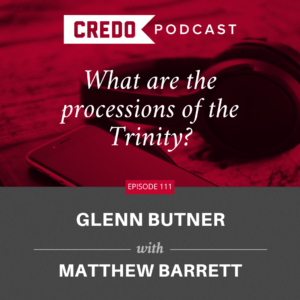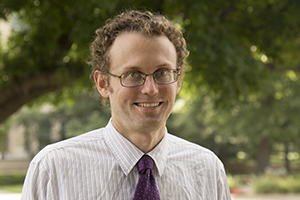
New Credo Podcast! What are the processions of the Trinity?
W hat are eternal processions? The language of “processions” may be foreign to some today, but the Great Tradition capitalized on this language to describe the Trinity and keep heresy at bay. From the church fathers to the medieval and Protestant scholastics, theologians used the language of procession to explain how the Son is eternally begotten from the Father and the how the Spirit is eternally spirated from the Father and the Son. Critical as it is to distinguish the Son’s procession from the Father and the Spirit’s procession from the Father and the Son, how do we do so without forfeiting the simplicity of the Trinity?
hat are eternal processions? The language of “processions” may be foreign to some today, but the Great Tradition capitalized on this language to describe the Trinity and keep heresy at bay. From the church fathers to the medieval and Protestant scholastics, theologians used the language of procession to explain how the Son is eternally begotten from the Father and the how the Spirit is eternally spirated from the Father and the Son. Critical as it is to distinguish the Son’s procession from the Father and the Spirit’s procession from the Father and the Son, how do we do so without forfeiting the simplicity of the Trinity?
Evangelicalism has been marked by its tendency to compromise the eternal processions of the Trinity. Yet these processions in the Trinity remain vital to distinguishing the persons and protecting their consubstantiality with one another. In this episode, Glenn Butner joins Matthew Barrett to discuss the mystery of processions in the Trinity and why processions are so essential for Christian orthodoxy today.


